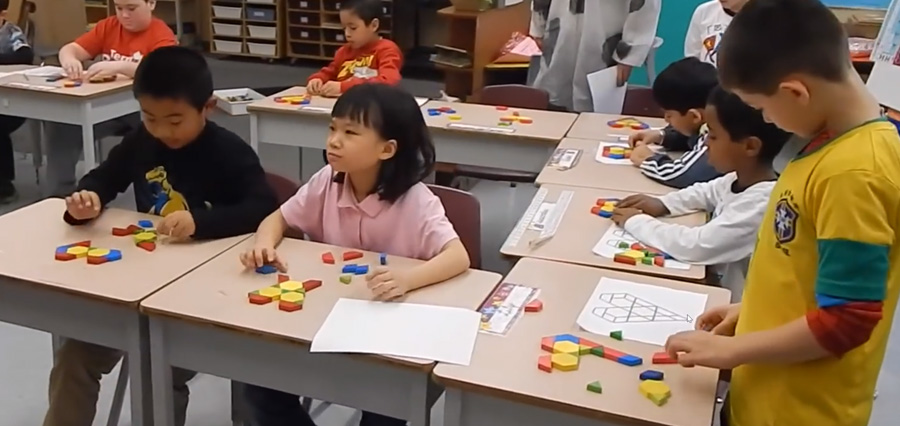Overview
In 2013, a climate study at Montecito Elementary revealed far too many students did not feel safe at school, lacked happiness, empathy, pro-social skills, awareness of community programs, and opportunities for decision making. The results set the school on a new journey – one that purposefully and intentionally shifted the focus to social emotional learning, family involvement and caring relationships among all members of the school community.
Our Approach
Montecito Elementary is working towards a village, supporting each child and adult to reach their full human potential. We are working to ensure that our students have meaningful relationships with at least two adults in the school and community, and with other students of all ages – from kindergarten to post-secondary students. A school-wide buddy system and house teams are two strategies that have helped to foster relationships and develop leadership skills among students. Our efforts are helping students connect to their school, local community and global community.
Professional development focused on identifying the traits and qualities that would make “the very best possible Montecito” helped staff develop a shared vision for making positive changes in the school. We decided that making students’ families feel “part of the team” was essential. We took concrete action, like starting weekly informal coffee chats, to help build connections with families. While the coffee chat was slow to catch on, it signaled that we valued their opinion, and participation gradually grew. Efforts to connect with parents have started to pay off now, and we’re seeing more parents participating more often.
In the classroom, we have purposefully and intentionally increased our focus on social-emotional learning; teaching students self-regulation skills, strategies for decreasing anxiety, and how to put the school motto — kindness toward self, others, and this place — into practice.
Quick Tips
- Stick with efforts to engage parents and families. It may take some trial and error and persistence to find ways that work for your school community.
- Keep your focus. Plan regular staff events, inquiry groups or other professional learning opportunities that re-affirm the importance of your school’s/district’s school connectedness work.
SC Strategies
- Ensuring that students have caring relationships with at least two adults as school is a key focus.
- Emphasis on improving students’ social and emotional skills, specifically their self-regulation and kindness.
- Professional learning is centred on connectedness, kindness and collaborative problem solving.
- Intentional efforts to involve families in the school include inviting parents to Pro-D sessions and holding community building events —Carolling in the Neighbourhood, Multicultural dinner, and family barbeque.
Resources
- Kimberly Schonert-Reichl Social and Emotional Fitness for Children and Youth Part 1 (video, 27 minutes, 2012) and Part 2 (video, 88 minutes, 2012) Dalai Lama Center’s Speaker Series.
- Orienting Educators to Social-Emotional Learning Through Video. Edutopia Five excellent videos that help educators see what SEL looks like. (blog post, 2015).
- Home to School Connections: Resource Roundup (Edutopia). A collection of resources and tips to help improve the connection between home and school.
